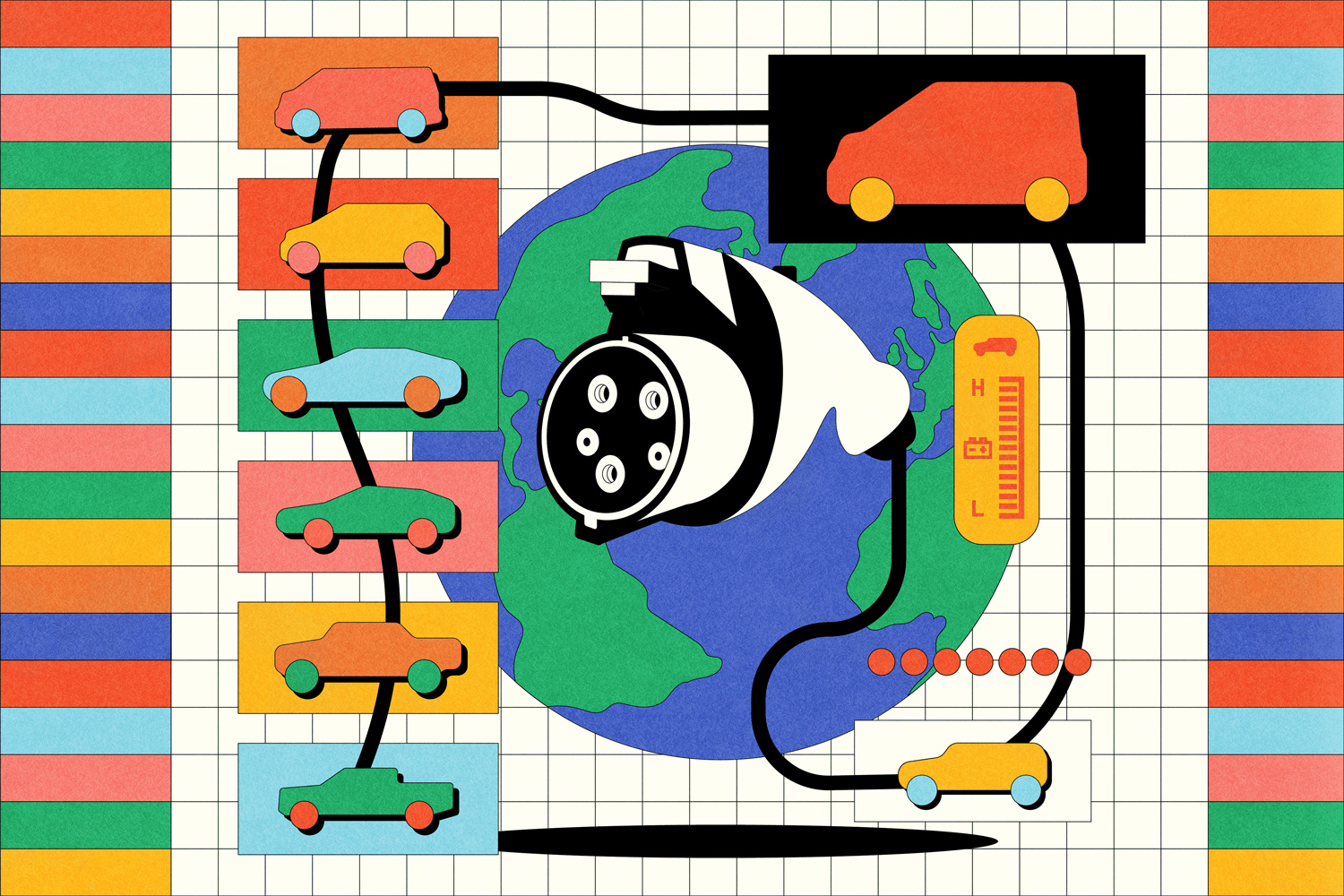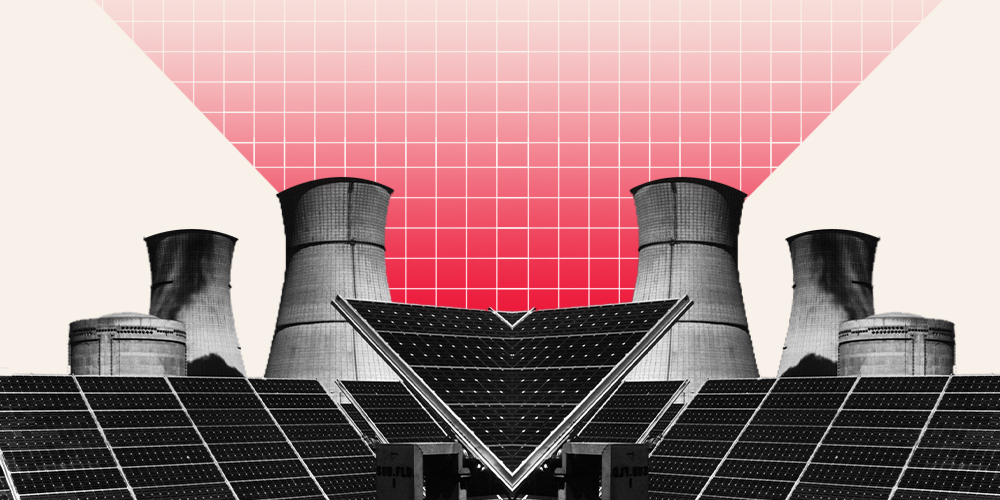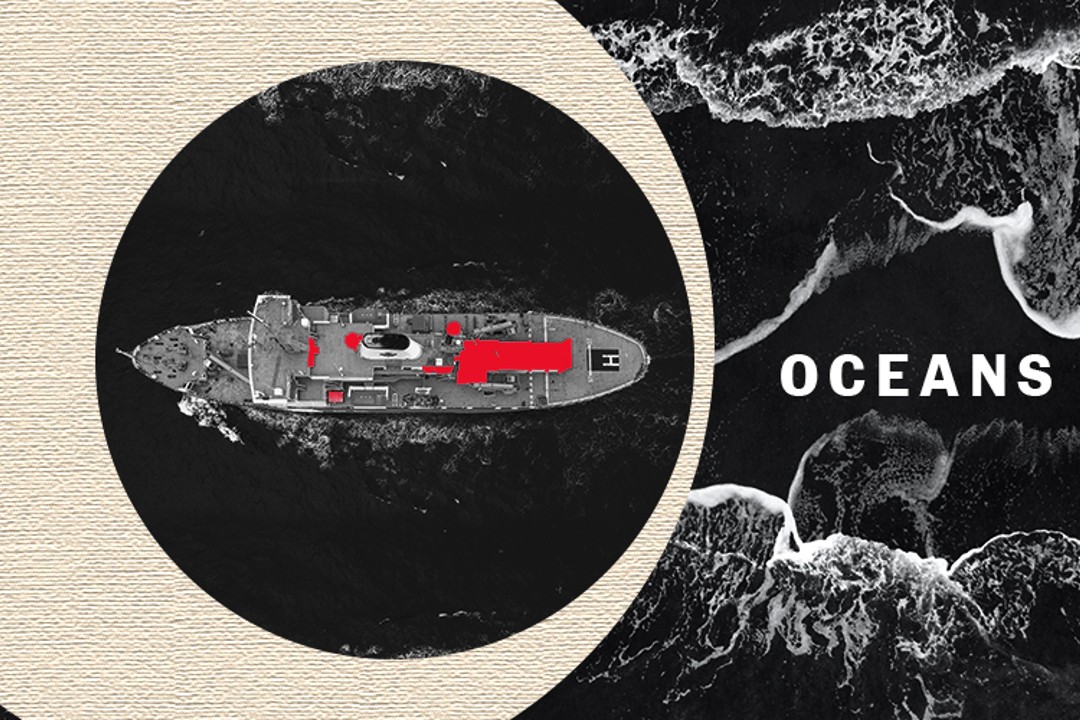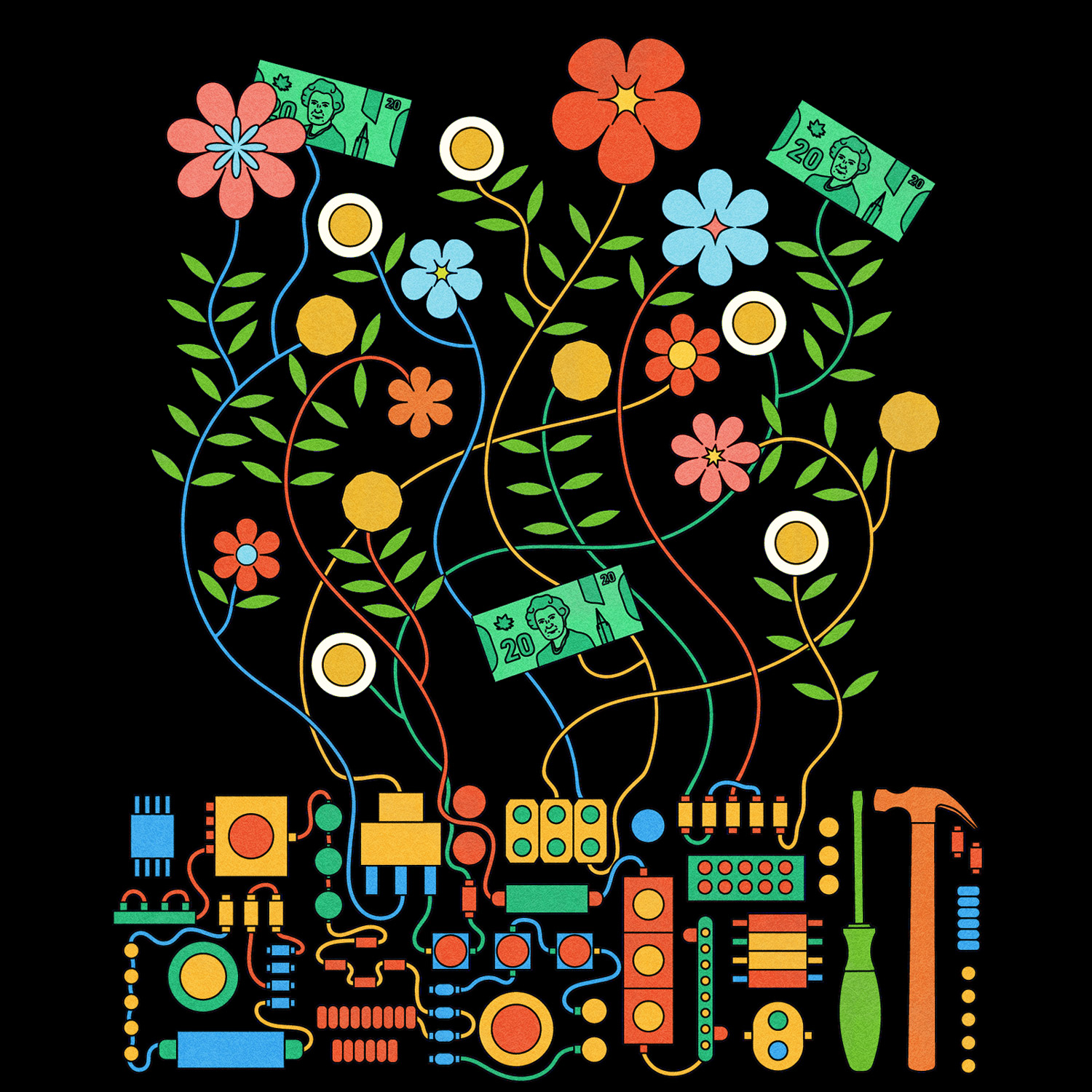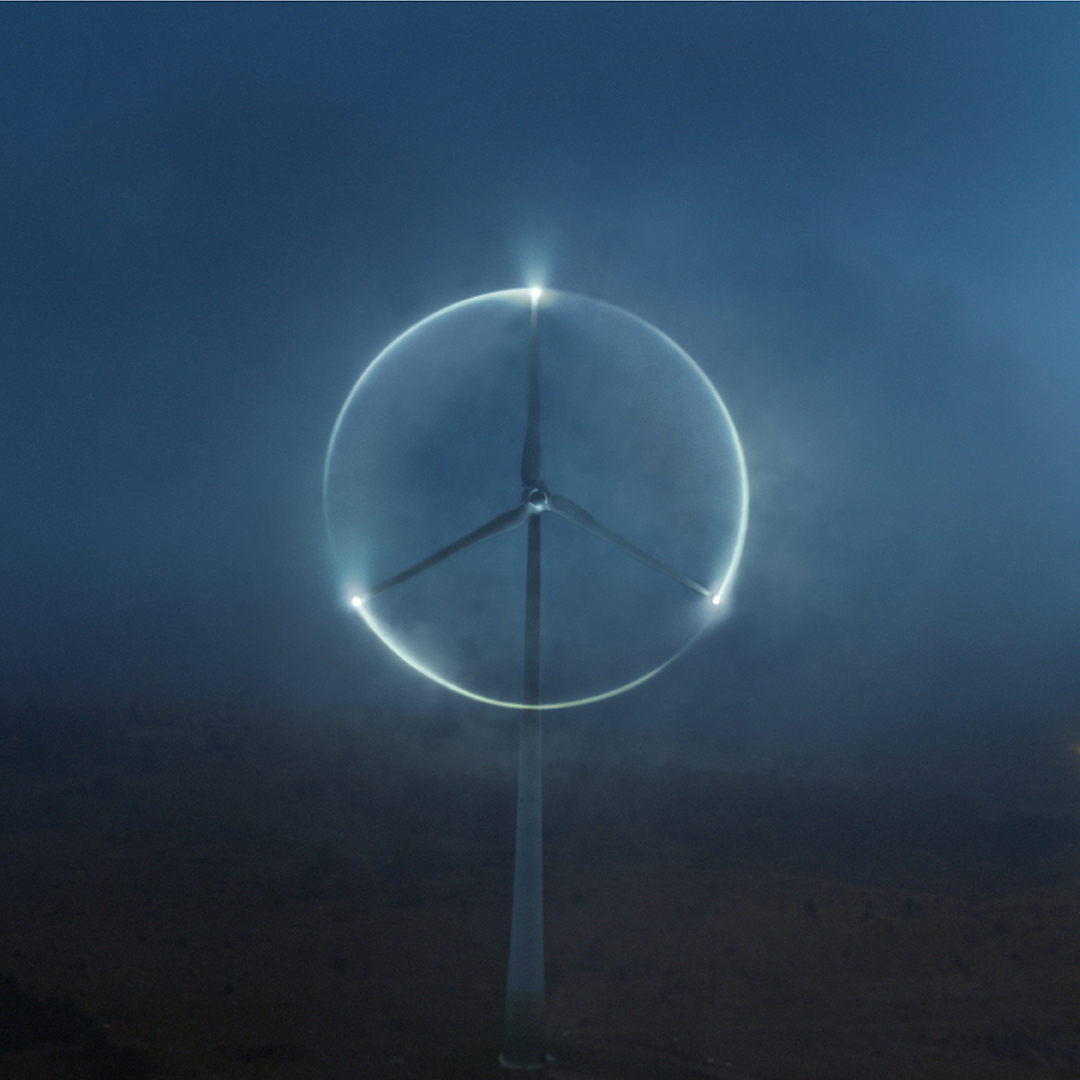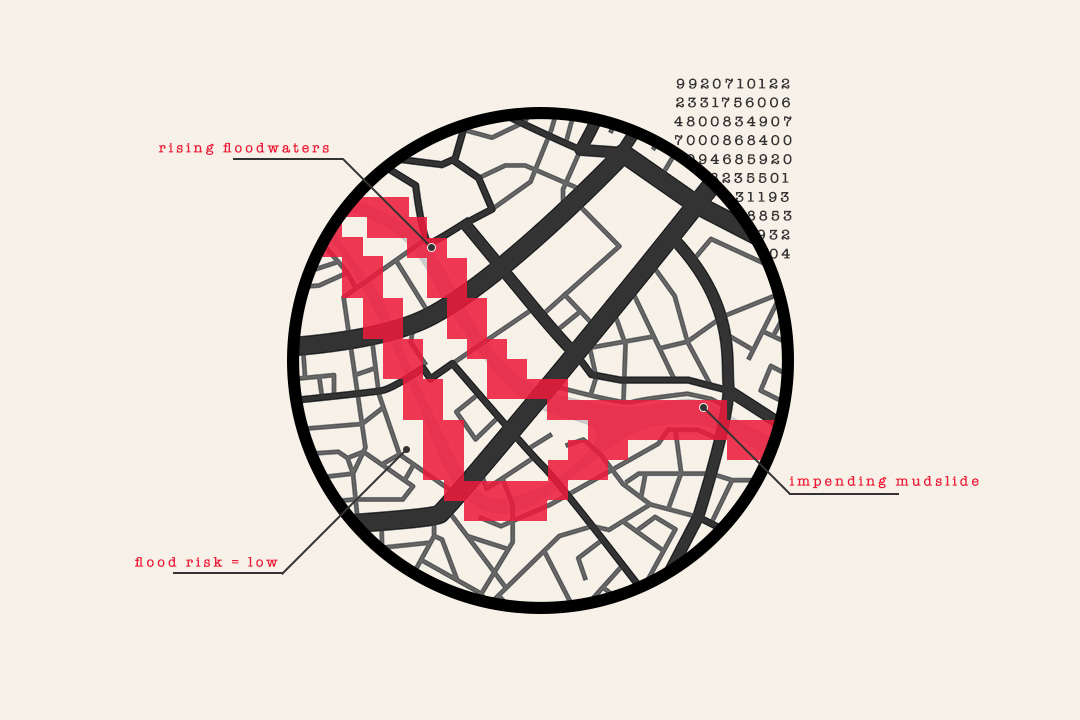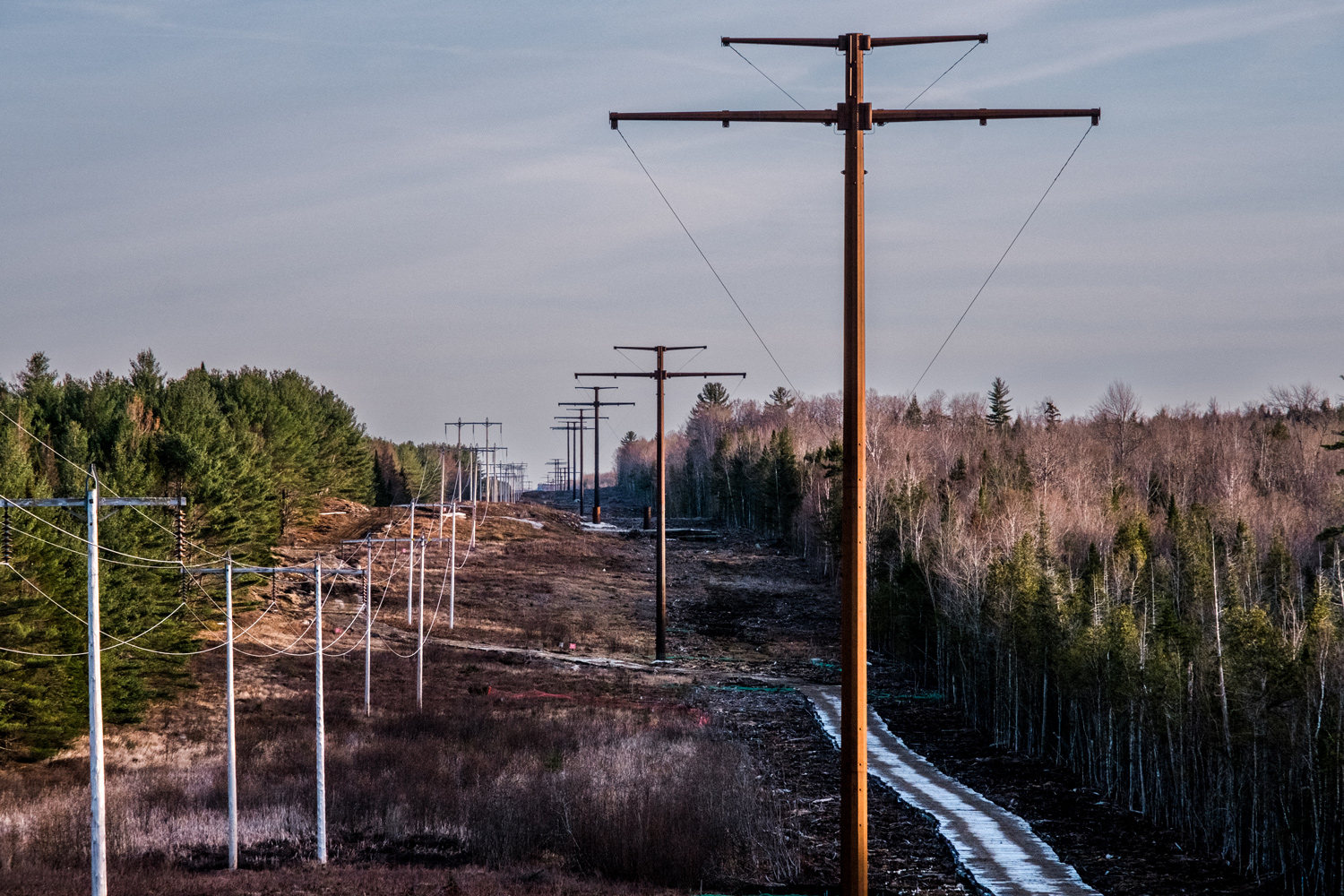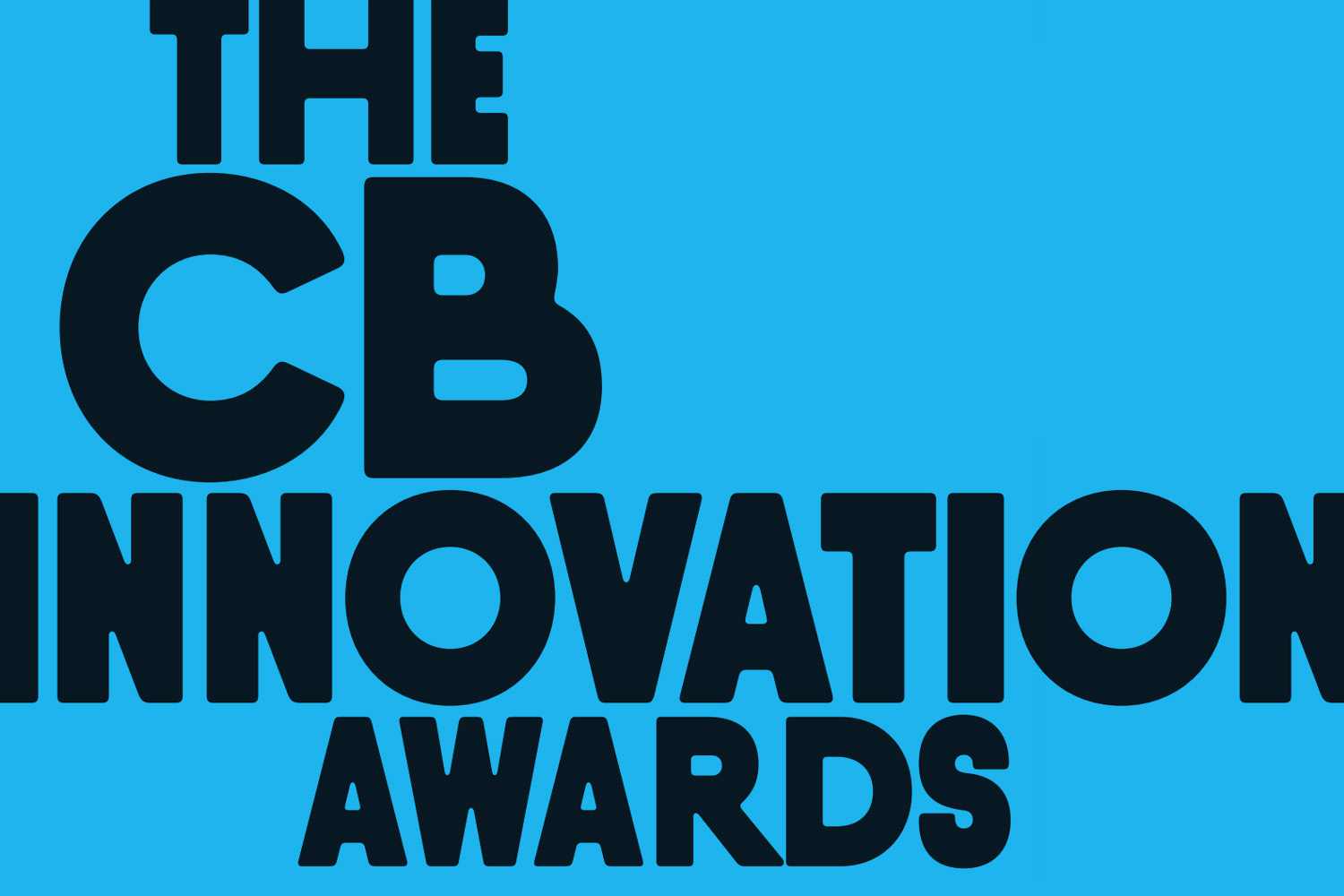Is There a Sustainable Solution to the Lithium-Battery Shortage?
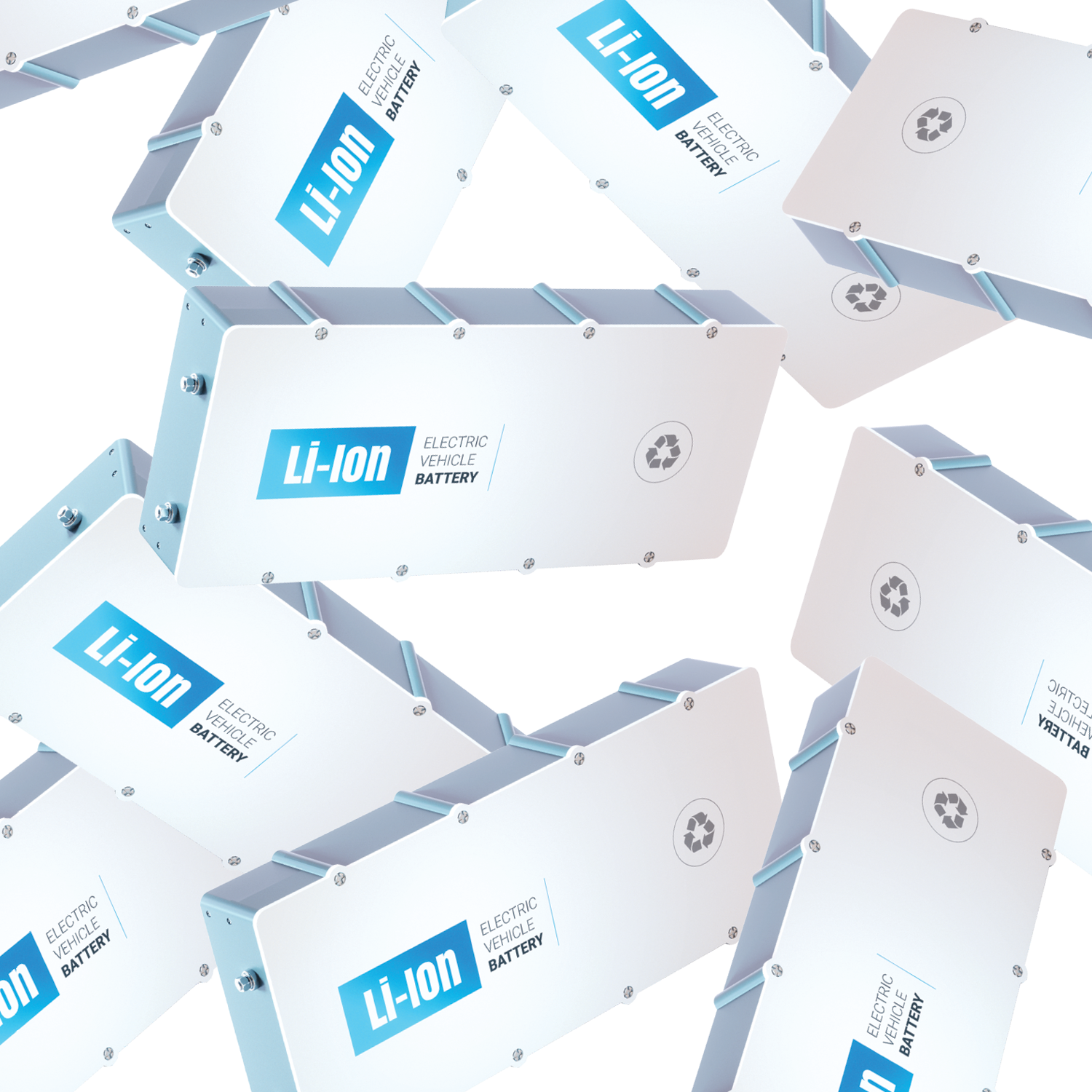
Globally, ground transportation makes up almost 12 per cent of carbon emissions, and 60 per cent of that is attributed to passenger vehicles, like cars, buses and motorcycles. Electric vehicles have been positioned as a solution to this pressing problem, and the demand for EVs is expected to grow by 10 per cent annually in the next five years—reaching a market value of US$907 billion by 2028. But while transitioning away from gas-guzzlers is an environmental win, one key component in EVs has a negative impact on the environment: the lithium-ion batteries on which they run.
Current lithium-extraction methods depend on a massive amount of water usage and leave behind chemicals, like sulfuric acid and hydrochloric acid, that pollute land and waterways. Most of the world’s lithium is mined in Argentina, Bolivia and Chile, displacing local populations and disrupting ecosystems in these areas. “Canadian mining companies are regulated here in Canada, but once they go abroad, they’re not regulated the same way,” says David P. Wilkinson, a professor of chemical and biological engineering at the University of British Columbia.
Many of the big automakers, like Ford and Mercedes-Benz, vet their suppliers using regulations set by the Initiative for Responsible Mining Assurance, a third-party entity. To be certified, mining companies must prove that they abide by certain protocols, such as conducting reports on their projects’ environmental and social impacts and engaging with local communities where mining occurs.
What makes this all potentially catastrophic is the sheer volume of lithium required. According to Wilkinson, by 2050 we’ll only have half of what we need to meet demand—a gap that will only widen as EV uptake increases.
It’s prompting miners to look for other sources of the finite material, most notably the sea floor. “Deep-sea mining is an ecological disaster waiting to happen,” says Wilkinson. “There’s very little oversight or understanding even of what the impact may be.” Some scientists predict it would harm delicate marine species like coral and pollute the waters.
Related: Are Reusable Grocery Bags Any Better for the Planet Than Single-Use Ones?
A better solution is recycling spent EV batteries, and some companies, like Toronto-based Li-Cycle, are already looking at ways to make that process more efficient. “Traditional methods for recycling lithium-ion batteries use thermal or smelting technologies that can have negative environmental impacts,” says Louie Diaz, Li-Cycle’s VP of communications. “Our method can process full EV battery packs without the need for discharging or dismantling, which enhances efficiency and sustainability.” However, given the newness of the EV market, the number of batteries that are reaching their end of life and are ready to be recycled is relatively small.
Wilkinson says EV makers should consider other types of batteries. Hydrogen fuel cells, for example, have a higher energy-to-weight ratio, which gives them a greater range, but they are expensive to produce. “Heavy-duty trucks could use hydrogen fuel cells, and that would free up lithium batteries to be primarily used for passenger vehicles,” he says. “We have to diversify our solutions to these problems. We can’t just go down one road.”


